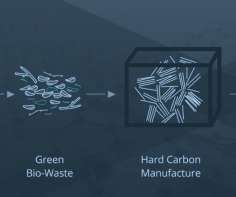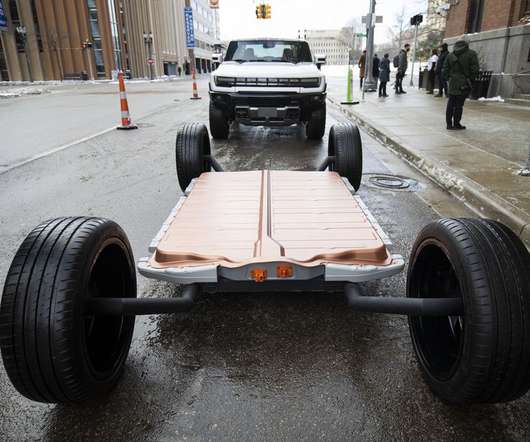Sparc Technologies, QUT partner to develop a hard carbon anode material from bio-waste for Na-ion batteries
Green Car Congress
SEPTEMBER 13, 2022
Australia-based Sparc Technologies has entered into a strategic partnership agreement with the Queensland University of Technology (QUT). The partnership will begin with a project in the battery anode space with the development of a novel process for the production of hard carbon from bio-waste.
























Let's personalize your content